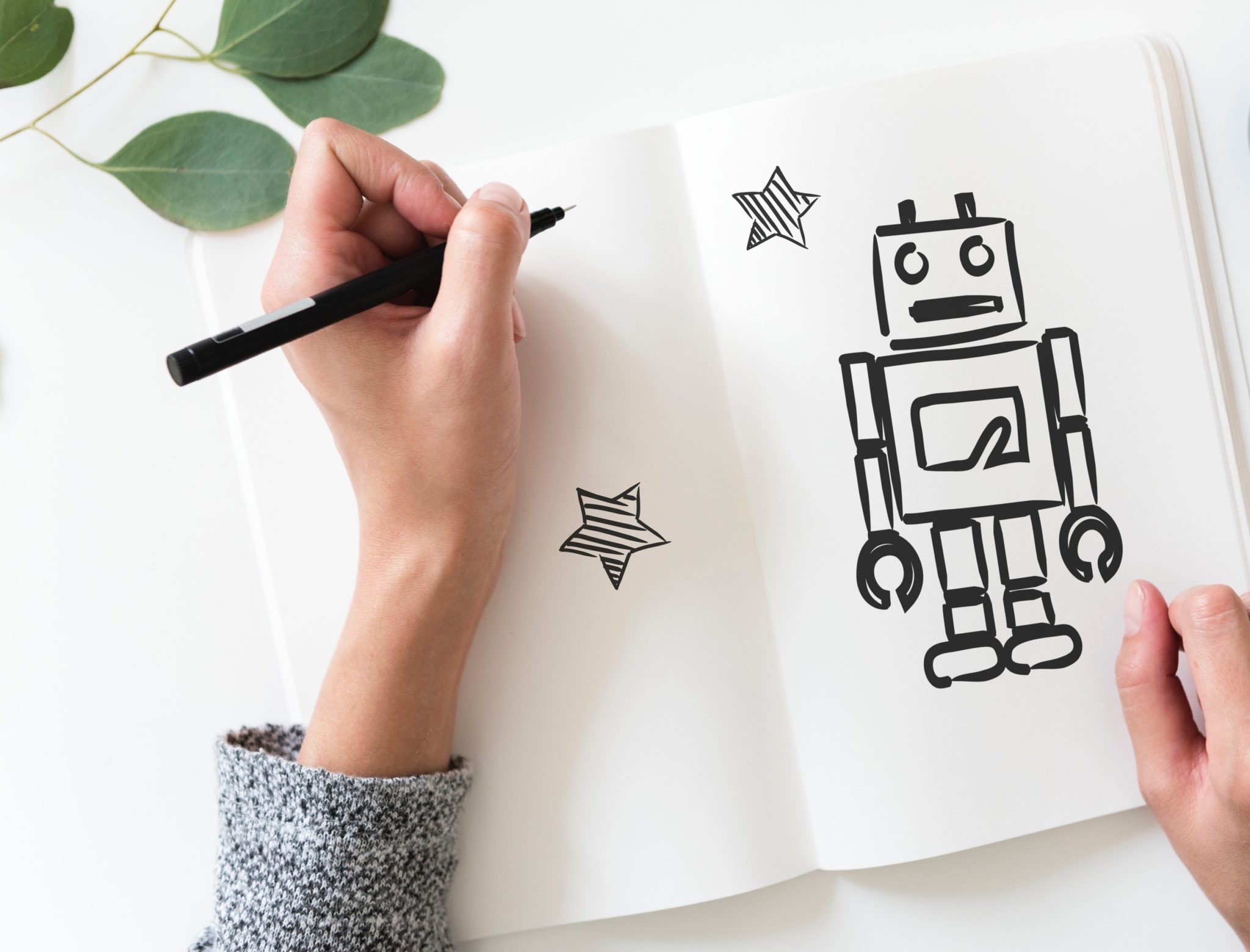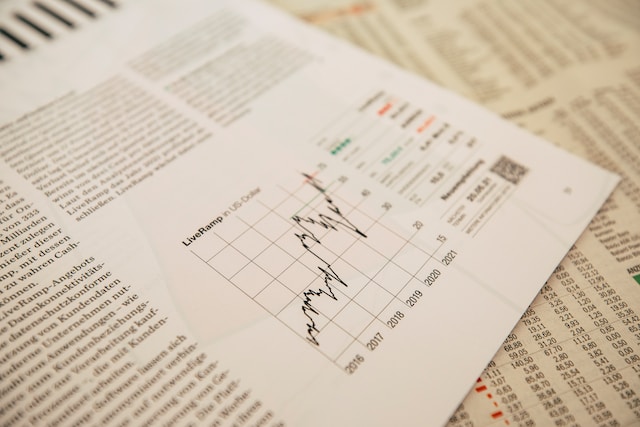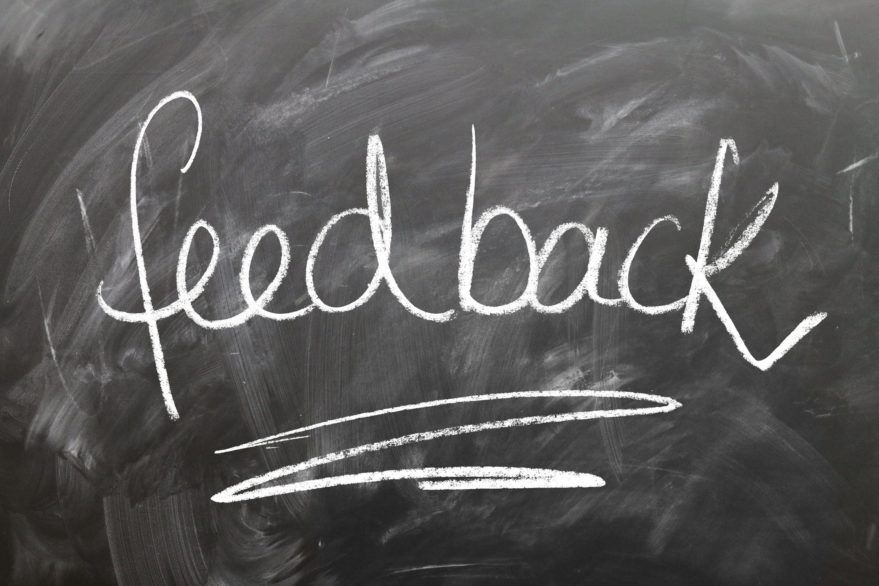

Artificial intelligence in Recruitment
It is almost unimaginable at what pace technology is improving the way we work and our lives. From executing tasks that are usually carried out by humans to bots with human-like features, there is no denying that artificial intelligence made a tremendous impact on business and that includes recruitment.
The humble beginnings of AI systems enabled recruitment professionals to easily sift through hundreds and thousands of CVs in their ATS by simply entering a couple of keywords the system should focus on during the search to find the right candidate for the job.
Using AI in Recruitment in 2019
In the sector of recruitment technology, artificial intelligence has been solidifying its position for a couple of years now which evoked the creation of some very clever AI recruitment tools and methods to automate parts of recruitment processes.
1. Chatbots
These AI-powered assistants enable you to give a great first impression to job seekers that visit your website for the first time. Once set up correctly, it can answer many of their questions and help them to fill out a contact or even an application form with ease.
A good example is Chatbot Olivia. This bot is able to engage with prospective candidates via mobile platforms and social channels. What really sets this bot apart is her natural language and her ability to automate the scheduling part of the recruitment process saving loads of valuable time for both the candidate and you.
2. Perfect Job Descriptions
Your online job vacancy is often the very first touchpoint a candidate has with your company. So right of the bat, you have to leave a great impression by writing a job description that converts jobseekers into applicants. This isn’t always easy but luckily there are recruitment tools that are driven by machine learning to simplify this.
Textio, for instance, is a tool that analysed hiring outcomes and job listings from over 50 million documents to find meaning language patterns.
The way it works is while you write your job description it will give suggestions on language use that could be more successful at getting applicants. To indicate the quality of the documents you can see a score in the right upper corner of the screen which ranges from 0 to 100.
3. Facial Expressions
Not everyone feels comfortable with the idea that they are being analysed by a machine during the job interview, but it could be happening more often in the near future.
Multinational corporations such as Unilever are using AI for their candidate-selection at entry-level jobs in various ways. The candidate plays some neuroscience-based games after which the candidate might be invited for a video interview.
During the interview, the candidate is presented with some preset questions that can be answered via their smartphone or computer. Whilst answering these questions, AI is used to capture the candidate’s mood and assess their personality traits.
AI and the Future of Recruitment
While it’s very unlike that recruiters will be replaced by robots in the near future, the uprise of AI already made sure that some repetitive tasks are automated and even with a human touch.
According to the 2018 Future of Jobs report by the World Economic Forum, 50% of companies expect their full-time workforce to be somewhat reduced by automation by 2022 due to the benefits of artificial intelligence. Another concern many have is the uncertainty of whether an equal number of jobs will be created for every job that ceased to exist due to artificial intelligence.
Whatever the future hold for AI in the recruitment industry, the personal interaction between passionate recruiters and eager jobseekers is something that is not something that can just be replaced. But there is no denying that a bit of assistance from AI-tech recruiters could potentially attract even more qualified candidates.
What AI-driven solutions do you use to optimise your recruitment efforts? Get in touch with us, and let’s discuss!

